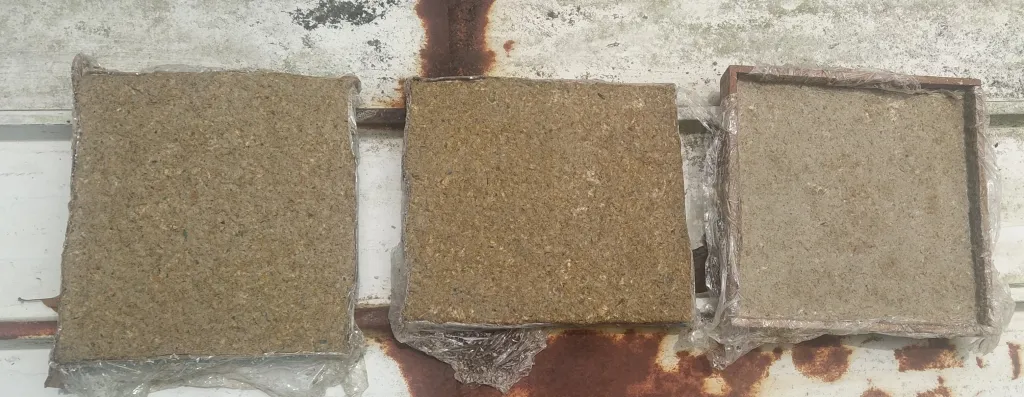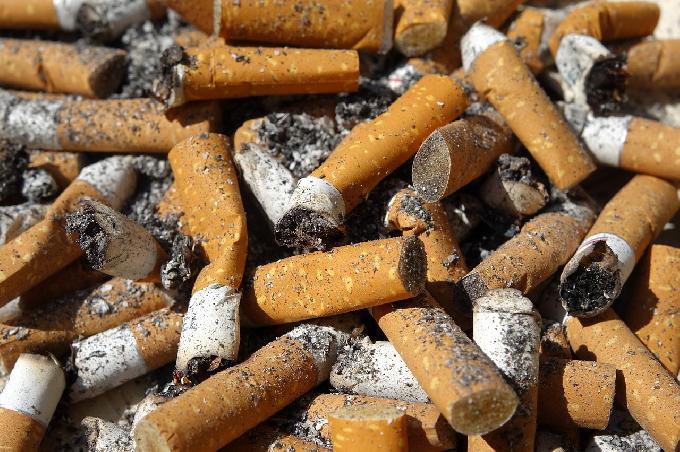Environmental Impact of Construction
The building and construction industry significantly contribute to global energy consumption and carbon emissions. Construction, as the second-largest consumer of plastic, is responsible for over a third of worldwide energy-related greenhouse gas emissions.
Challenges in Conventional Insulation
Proper insulation plays a crucial role in protecting building materials from extreme temperature fluctuations, preserving their integrity, and extending the building’s lifespan. However, commonly used insulation materials, such as spun fiberglass and expanded polystyrene foam, are manufactured with non-environmentally friendly petroleum-based resins. This has sparked a growing interest in exploring greener alternatives, especially those utilizing materials that would otherwise be discarded.
Rice Husks as Green Resources
Taking a step towards eco-friendly materials, researchers in Panama have developed an insulation material based on rice husks.
Led by Dr. Nacarí Marín Calvo, a team from the Technological University of Panama focused on utilizing abundant rice husks and old newspapers in rural Panama. The process involved shredding the husks, extracting cellulose from newspapers, and combining them with glue as a binder and borax for fire and fungi resistance in various ratios to create insulation.
Future research will assess how well the insulation retains heat in homes and its degradation rate under various conditions. The scientists also plan to explore its applicability in other areas, such as construction panels and sustainable packaging.






